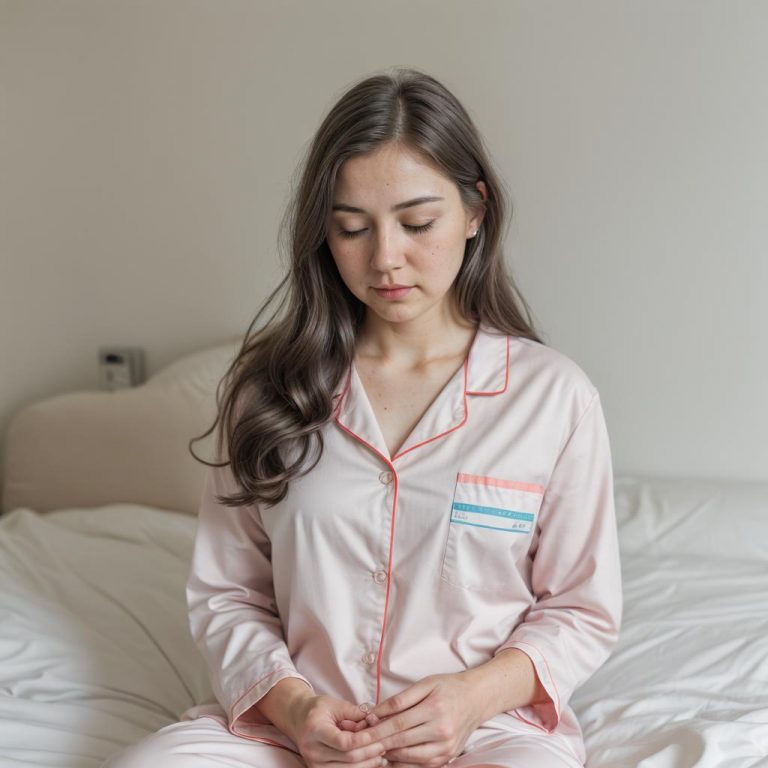

Understanding allergy medicine use during pregnancy
Allergies can be a nuisance at any time, but when you’re pregnant, managing them can become a bit more complicated.
Many expectant mothers worry about the safety of taking allergy medicine during pregnancy. However, with proper knowledge and guidance, it’s possible to find relief while ensuring the health and safety of both the mother and the baby.
Consulting a healthcare provider
The first step for any pregnant woman experiencing allergies is to consult with her healthcare provider. While some allergy medications are generally considered safe during pregnancy, others may pose risks to the developing fetus. A healthcare provider can offer personalized advice based on the individual’s medical history and the specific circumstances of the pregnancy.
Safety of common allergy medications
Several allergy medications are commonly used by pregnant women and are considered safe when taken as directed. These include:
Antihistamines
Antihistamines are often the first line of defense against allergies and are generally considered safe during pregnancy. They can help alleviate symptoms such as sneezing, itching, and a runny nose. However, it’s essential to choose a non-sedating antihistamine, as sedating ones may cause drowsiness, which can be dangerous, especially when operating machinery or driving.
Nasal sprays
Nasal sprays containing saline solution or corticosteroids are generally safe for use during pregnancy. Saline sprays can help clear nasal passages and relieve congestion, while corticosteroid sprays can reduce inflammation in the nasal passages without significantly entering the bloodstream.
Decongestants
Oral decongestants should be used with caution during pregnancy, as some studies have suggested a possible link between their use and certain birth defects. Nasal decongestant sprays, on the other hand, may be used sparingly for short periods under the guidance of a healthcare provider.
Immunotherapy
Allergen immunotherapy, commonly known as allergy shots, is generally not recommended during pregnancy due to the potential risks of allergic reactions. However, women who were already undergoing immunotherapy before becoming pregnant may be able to continue under close medical supervision.
Alternative remedies
For pregnant women who prefer to avoid traditional allergy medications, several alternative remedies may offer some relief:
Saline nasal rinse
Using a saline nasal rinse can help clear nasal passages and reduce congestion without the use of medication. It’s a safe and effective option for many pregnant women.
Steam inhalation
Inhaling steam from a bowl of hot water or a warm shower can help relieve nasal congestion and soothe irritated sinuses. Adding a few drops of essential oils such as eucalyptus or peppermint may enhance the therapeutic effects.
Acupuncture
Some pregnant women find relief from allergy symptoms through acupuncture, a traditional Chinese medicine practice that involves inserting thin needles into specific points on the body. However, it’s essential to seek treatment from a qualified and experienced practitioner.
Managing allergies during pregnancy requires careful consideration of the safety and efficacy of various treatment options. While some allergy medications are generally considered safe for use during pregnancy, it’s essential to consult with a healthcare provider before starting any new medication or treatment regimen. By working closely with a healthcare provider and exploring alternative remedies, pregnant women can find relief from allergies while prioritizing the health and well-being of themselves and their babies.



